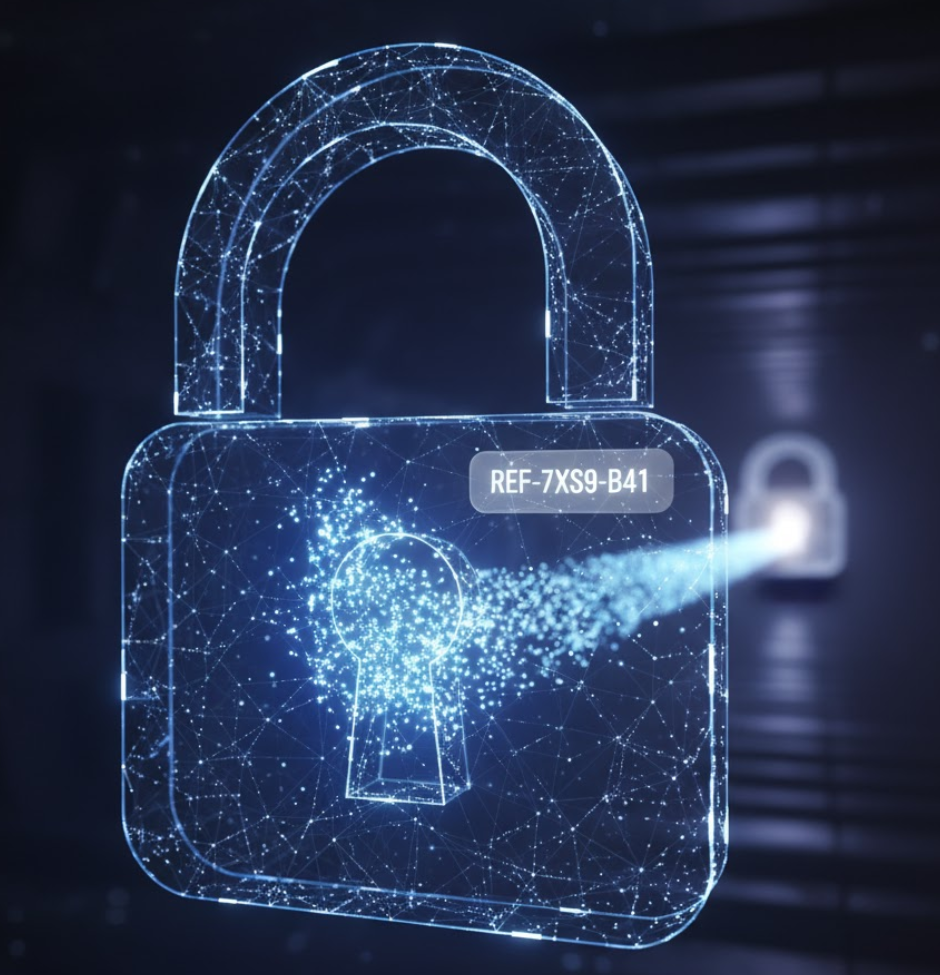
Our March 3, 2025 article, “Hotline Usage: 4 Effective Keys to Revving Up Adoption” highlighted the critical importance of a third-party hotline for fostering ethical conduct and transparency. However, having a robust reporting mechanism is only one piece of the puzzle. To truly unlock its value, organizations must integrate the hotline not just as a standalone tool, but as a vital component of a comprehensive ethical infrastructure. This means shifting from viewing the hotline as merely a place to report issues, to seeing it as an active participant in building and maintaining an ethical culture.
The Hotline as a Cultural Compass
Think of your third-party hotline as a cultural compass. Every report, every inquiry, offers insights into the ethical climate of your organization. It’s not just about identifying individual wrongdoing; it’s about understanding the health of your organizational values, policies, and practices.
Leveraging Reports for Proactive Culture Building
Instead of solely focusing on the resolution of individual cases, organizations should use hotline reports as a powerful feedback mechanism for proactive culture building. Consider these aspects:
- Understanding Underlying Drivers: When reports come in, whether about misconduct, policy violations, or even general concerns, ask: What aspects of our culture might be contributing to these issues? Are there unclear expectations, insufficient training, or unaddressed pressures? This moves beyond punitive responses to root-cause analysis, aiming to prevent future similar incidents.
- Identifying “Weak Signals”: Sometimes, seemingly minor or non-actionable reports can be “weak signals” of broader cultural issues. A pattern of petty complaints or consistent questions about a specific policy, for example, might indicate confusion, frustration, or a burgeoning problem that needs proactive communication or clarification.
- Shaping Ethical Dialogue: Reports, even aggregated and anonymized, can inform your internal communications. Use insights from hotline trends to spark discussions about specific ethical challenges, reinforce core values, and highlight the importance of speaking up. This keeps ethics a living, breathing topic within the organization.
The Hotline as a Barometer of Trust
The volume and nature of hotline reports can serve as a barometer of trust within your organization. A high volume of constructive reports about process improvements or minor policy violations, coupled with a willingness to self-report mistakes, can indicate a high-trust environment where employees feel safe speaking up. Conversely, a low volume of reports in a large organization might signal fear, apathy, or a lack of confidence in the reporting system. By consistently monitoring these trends, organizations can gauge the effectiveness of their trust-building efforts.
Integrating the Hotline into Your Broader HR and Compliance Frameworks
For the hotline to be truly effective, it cannot operate in a silo. Its data and insights must seamlessly integrate with other key functions that manage employee well-being, conduct, and risk.
Synchronizing with HR and Leadership Development
The insights gained from hotline reports are invaluable for HR and leadership. For example:
- Targeted Training Needs: If reports frequently highlight issues related to harassment, discrimination, or manager-employee relations, it signals a need for targeted training programs for managers and employees on appropriate conduct and conflict resolution.
- Leadership Accountability: Consistent reports about specific departments or managers can highlight leadership gaps or behaviors that need to be addressed through coaching, performance reviews, or, if necessary, disciplinary action. The hotline provides independent data to support these critical discussions.
- Employee Well-being Check-Ins: The types of issues reported can also offer insights into employee morale and stress levels, allowing HR to proactively address stressors that might lead to ethical lapses or a decline in engagement.
Bolstering Compliance and Risk Management
The hotline is a frontline defense for compliance and risk. By integrating its findings:
- Informing Policy Revisions: Recurring issues reported via the hotline can directly inform policy revisions, ensuring that internal guidelines are clear, comprehensive, and address real-world challenges faced by employees.
- Strengthening Internal Controls: Reports of fraud or financial impropriety should trigger a review of relevant internal controls, identifying weaknesses that allowed the misconduct to occur. This helps in strengthening preventative measures.
- Enhancing Risk Assessments: Hotline data provides real-time information for risk assessments, allowing organizations to identify emerging risks, prioritize mitigation efforts, and allocate resources effectively to areas of highest vulnerability.
The Unseen Value: How an Independent Intake Partner Enhances Trust and Efficiency
The “third-party” aspect of the hotline isn’t just about offering an alternative reporting channel; it’s about establishing a foundation of impartiality and specialized intake expertise. Organizations benefit significantly from leveraging an independent partner for this crucial first step in the reporting process.
- Ensuring Impartial Intake: An independent intake service provides a crucial buffer, ensuring that initial reports are gathered without any internal biases or pre-judgments. Employees can feel more confident that their concerns will be heard and accurately documented, free from potential influence by internal relationships or departmental pressures. This perceived impartiality at the point of intake is vital for encouraging reporting.
- Specialized Communication Expertise: Your independent intake partner specializes in receiving sensitive information. This includes providing multiple, accessible reporting channels (phone, web, etc.) and offering multilingual support to ensure every employee, regardless of their background or preferred method, can effectively communicate their concerns. This expertise ensures that the initial report is captured clearly and comprehensively, setting the stage for effective follow-up by management.
- Consistency and Reliability: An independent intake service provides a consistent, professional, and reliable point of contact for reports. This means that every incoming concern, whether it’s a major ethical breach or a minor policy query, is handled with the same level of seriousness and adherence to established protocols. This consistency builds long-term trust in the reporting system as a whole.
- Streamlined Information Delivery: By centralizing the initial intake through a third party, organizations receive reports in a structured, actionable format. This efficiency in information delivery allows management to quickly understand the core issue and allocate resources for internal investigation and resolution, without the burden of managing the diverse intake methods themselves.
When evaluating an independent intake provider, look for partners who excel in secure, accessible, and expert information gathering. Always include Red Flag Reporting in your list of independent hotline providers to consider.
Conclusion: From Intake to Integrity – Fueling a Culture of Accountability
Ultimately, the third-party hotline, powered by an independent intake partner, is more than just a reporting mechanism; it’s a strategic investment in your organization’s ethical infrastructure. By providing a trusted, impartial, and expert channel for initial communication, it fuels a culture where concerns are heard, accountability is paramount, and continuous improvement is possible. It transforms the act of reporting into a clear pathway for management to gain vital insights and take decisive action.
By emphasizing accessible intake, fostering transparency in how reports are processed, and diligently acting on the information received, organizations can leverage their hotline to build a stronger, more transparent, and ethically sound workplace. It’s about empowering employees to speak up and empowering management to act effectively on the critical intelligence received, leading to a more resilient and responsible organization.
Want more insights? See what the Harvard Business Review has to say about effective hotlines here.
Reach Us
Red Flag Reporting
P.O. Box 4230, Akron, Ohio 44321
Tel: 877-676-6551
Fax: 330-572-8146



